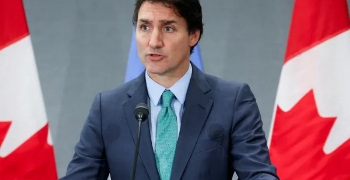New Delhi, April 24: The Supreme Court on Friday sought the response of the central and nine state governments on a petition seeking a ban on the use of elephants in religious functions and other events saying it causes then immense pain.
The apex court bench of Justice Dipak Misra and Justice Prafulla C. Pant was told that there were some 3,000 captive elephants and a ban would reduce the demand for captive elephants.
A May 2004 report says there some 500 elephants are with the forest departments, 82 with zoos, 92 with circuses and 2,650-2,700 with private individual and temples.
The notice returnable in eight weeks has been issued to the Animal Welfare Board of India and the chief wildlife wardens of Assam, Arunachal Pradesh, Bihar, Kerala, Tamil Nadu, Karnataka, Maharashtra, Rajasthan and Punjab.
The court was moved by the Wildlife Rescue and Rehabilitation Centre, Help in Suffering, Plant and Animals Welfare Society (PAWS), Save Animals Initiative (SAI) Sanctuary Trust, and Shakti Ranjan Banerjee – a former West Bengal Wildlife Advisory Board.
The petitioners said they moved the court to focus on the issue of the “deplorable state of captive elephants across India in violation of various national and state laws and norms”.
Stating that elephants in captivity were treated cruelly and suffered from severe health issues due to lack of proper welfare and upkeep measures, the petition says the conditions in which many of them were held violated relevant laws.
The petitioners have sought directions to the central government and the state governments to discharge their constitutional and statutory obligations under the Wildlife (Protection) Act 1972 and the Prevention of Cruelty to Animals Act 1960 to protect elephants in captivity effectively, and to uphold the letter and spirit of the law.
All elephants for which an ownership certificate is granted must be microchipped to track their movements and to prevent any illegal transfer, the petition said.
It also sought a fresh census of captive elephants in the country with the assistance of independent experts. (IANS)






































